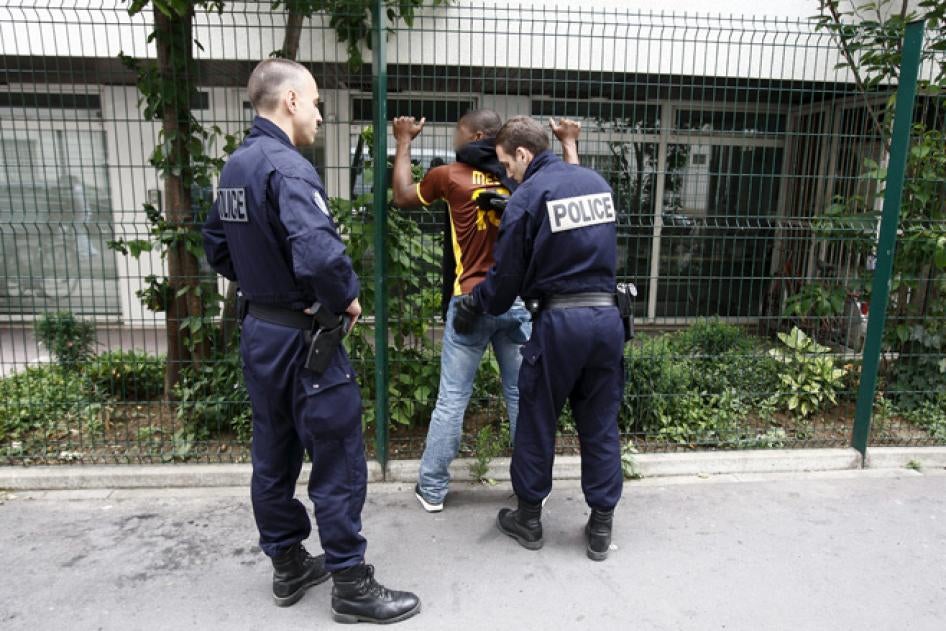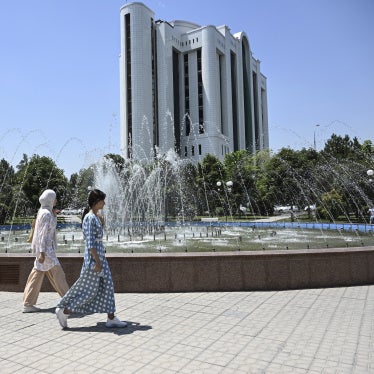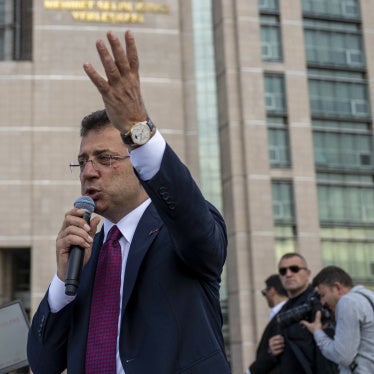Almost a month later, the shock and indignation over the brutal violence suffered by a young Black man named Théo at the hands of policemen during an identity check in Aulnay-sous-Bois have not died down. Four policemen have been charged: three of them with assault, the fourth with rape.
The incident has encouraged other victims of police abuse to come forward and share their experience with the media. It has also drawn attention to an ongoing trial about police violence against another young man, Alexandre, during a police stop in Drancy in 2015. On February 20, the Bobigny Correctional Tribunal asked for the case to be tried in Assize criminal court and for the policeman on trial to be charged with rape rather than aggravated assault. The Bobigny Public Prosecutor’s office opposed revising the charges: the Appeals court of Paris must now rule on the proceedings.
The violence against Théo, who lives in the Paris suburbs, has revived the debate on police identity checks that are carried out in a discriminatory and abusive manner against a part of the population. This is not a new phenomenon – it has been extensively documented. For decades, it has been damaging the trust between French youth and the authorities.
In 2009, the National Center for Scientific Research (CNRS) and Open Society jointly carried out the first scientific study on ethnic profiling by French law enforcement. In 2012, Human Rights Watch showed, in its own investigation, the extent to which recurrent and abusive identity checks targeting minority youth were a significant source of humiliation. In November 2016, the National Consultative Commission on Human Rights (CNCDH) concluded in an opinion that “a body of concurring studies has brought to light the overrepresentation in police stops of young men belonging to visible minorities.”
On January 20, 2017, a few days before the assault on Théo, the French Ombudsman once again drew attention to this pervasive phenomenon. His conclusions are enlightening: men between the ages of 18 and 25 who are perceived as black or Arab-North African are 20 times more likely to be stopped by the police than members of the general population. In their case, more than in others, stops are characterized by insults, the use of “tu” (a familiar form of address) and brutality.
In a country where equality is one of the three pillars of the Republic, a part of the population feels discriminated against and excluded from society. To do nothing in the face of such a situation is disgraceful and counterproductive. At a time when the issue of security is on everyone’s mind, all citizens, without exception, should be able to feel that police officers are there to keep them safe.
For many years, French activists, outraged by this situation, have protested the discriminatory practices of some policemen. Politicians and policymakers should listen to these calls and take action at last, instead of falling back on declarations or symbolic gestures – like President Francois Hollande’s visit to Théo in the hospital.
It shouldn’t require a tragedy to reopen the debate on a practice that is perceived as a routine occurrence for so many young men. Tragedies such as the deaths of Zyed and Bouna in 2005, electrocuted as they fled a police stop and hid in an electrical transformer, the death in July 2016 of Adama Traoré as he was taken into police custody, or the alleged rapes of Théo and Alexandre. Yanis, an 18-year old resident of Bobigny, explains it this way: “Théo isn’t one case too many, because this kind of thing happens every day”.
Now more than ever, a reform limiting the discretionary power of officers during identity checks and enabling the tracking of these checks is necessary to reduce this abuse and its tragic and pernicious consequences. It would not in any way impede the work of police officers, but would improve their relations with the general population and thus make their job easier. To keep all residents safe, it is essential to ensure that the police have the means necessary to do their job, but it is also essential to prevent discrimination and illegal use of force by police officers.
In 2012, as a presidential candidate, Hollande committed to “fighting against ethnic profiling in identity checks with a procedure that is respectful of citizens.” He broke this promise. The French Parliament recently voted against a proposal to include in a law on Equality and Citizenship a provision for which many organizations have been clamoring for years: to require police officers to issue a receipt after an identity check to explain the grounds for the stop. This measure has already been adopted in many countries, including in the United Kingdom since 1984.
In reaction to recent events, the French Ombudsman, Jacques Toubon, once again pointed out the shortcomings of the government regarding identity checks, contending that the government is responsible for establishing concrete safeguards to prevent abuse. In November, the Cour de Cassation (court of final appeal) found the government guilty of “gross misconduct” in three cases involving identity checks, ruling that they were “discriminatory.” On January 27, the Constitutional Council, while ruling that article 78-2 of the Code of Criminal Procedure, which provides for identity checks, was constitutional, noted that identity checks must “be carried out exclusively on the basis of criteria that exclude any kind of discrimination between persons”.
Despite these recommendations and decisions by judicial institutions and government bodies responsible for safeguarding human rights and fundamental freedoms, it seems that the legislative momentum is for strengthening police powers rather than regulating them. On February 16, in the midst of the controversy over police powers, a law on public security was adopted that increases the penalty for insulting an officer and for refusing to cooperate. This means that the young people who express their discontent at recurrent police stops that they perceive as discriminatory and abusive will risk even harsher sentences.
These new measures also threaten to further discourage people from reporting abuse, which will affect not only their right to obtain reparations, but also the capacity of law enforcement to ensure discipline and accountability. In the long run, it is, once again, the relation between the police and the population that will pay the price.
The Ombudsman warned against this escalation of sentences, which he said would threaten to “widen the existing gap between law enforcement and the population.” The candidates in the presidential election are all making proposals about this issue. They should not forget that they are aspiring to be the president of all French citizens. To fight against the discrimination that certain citizens endure, they should commit to reforming the process for police checks and introduce receipts for police stops. And keep their promise.










